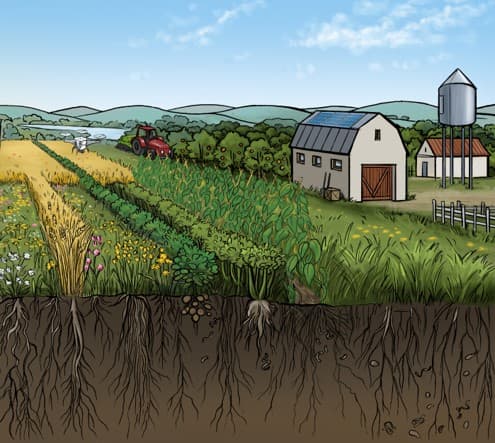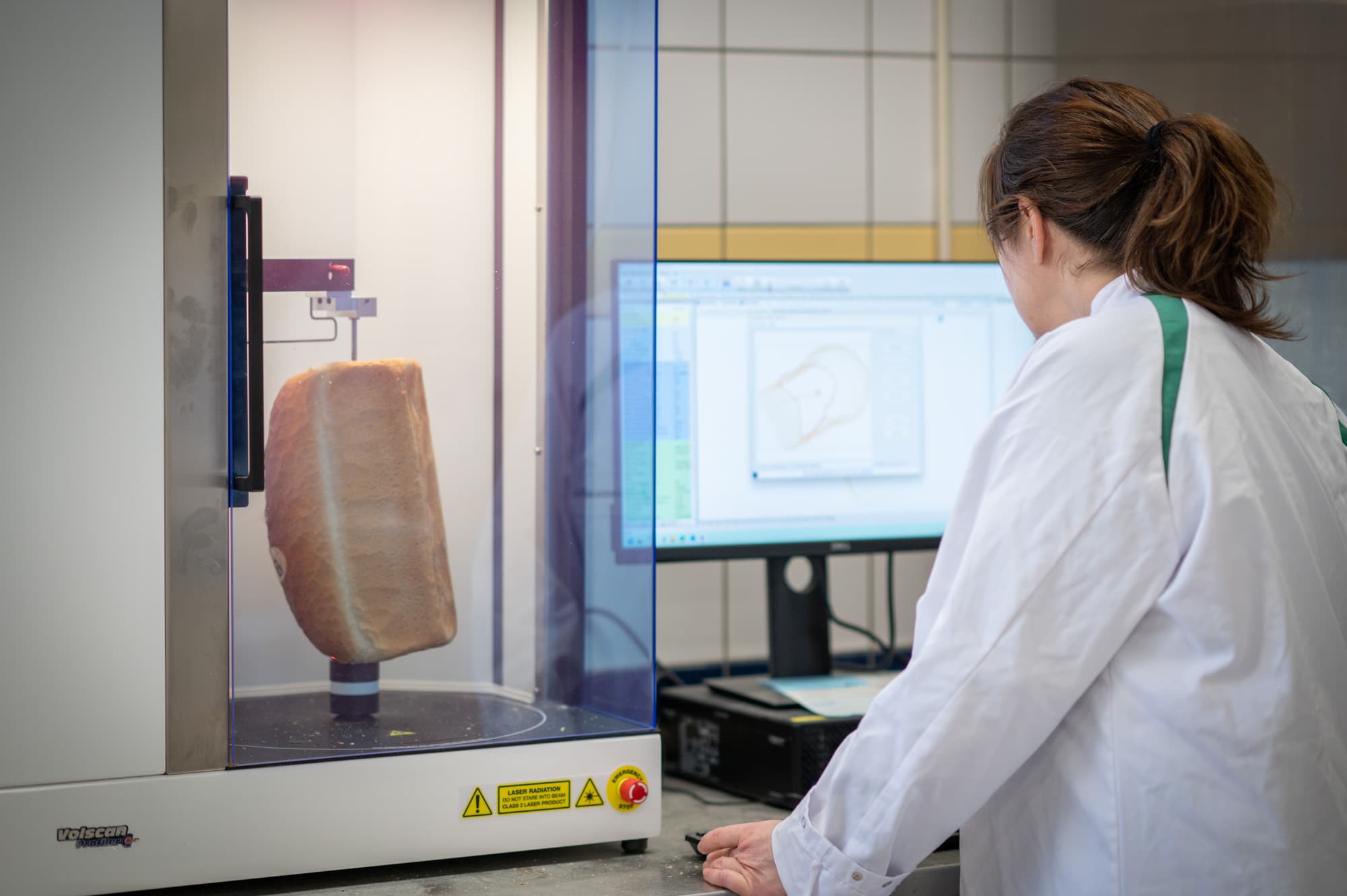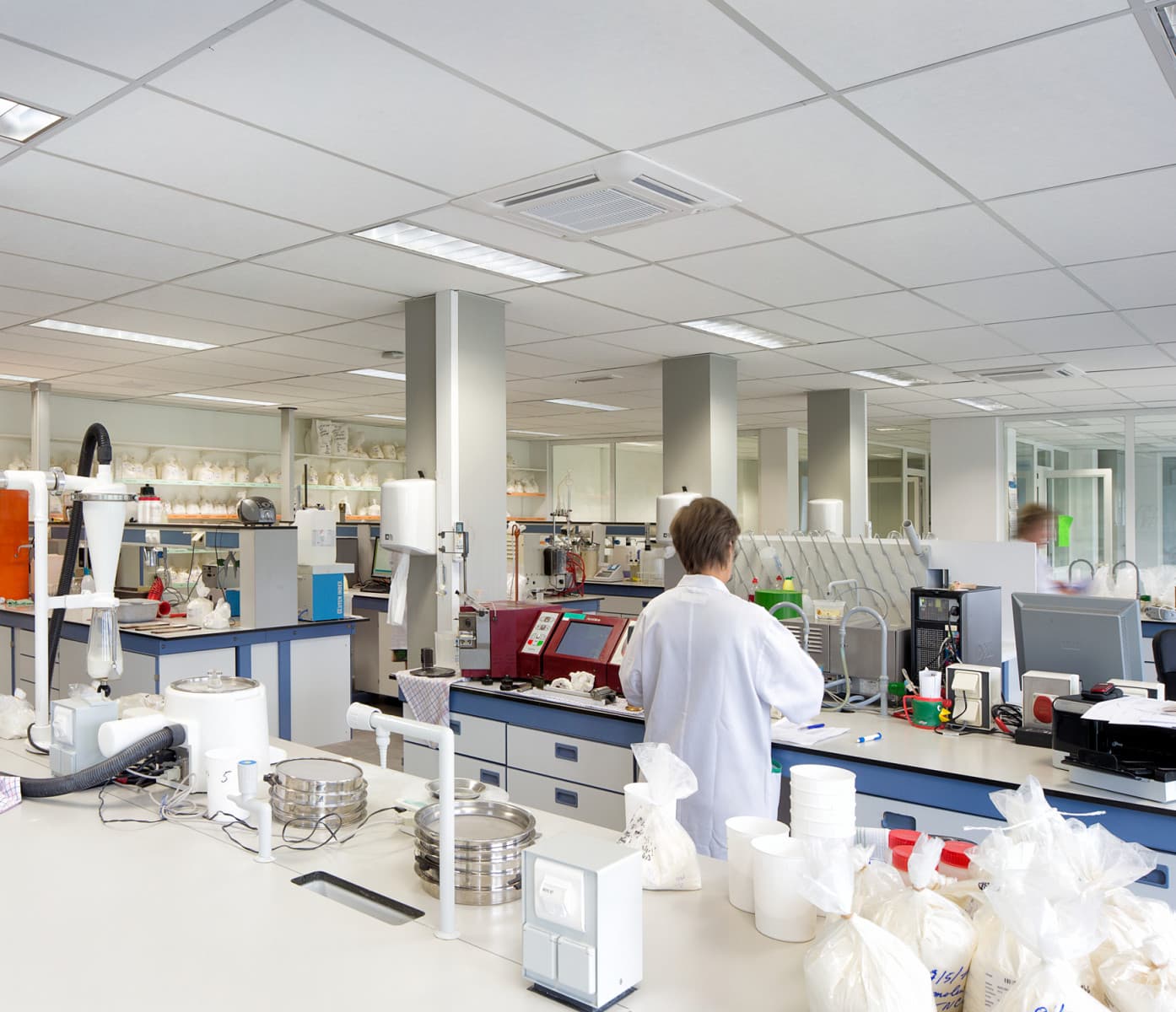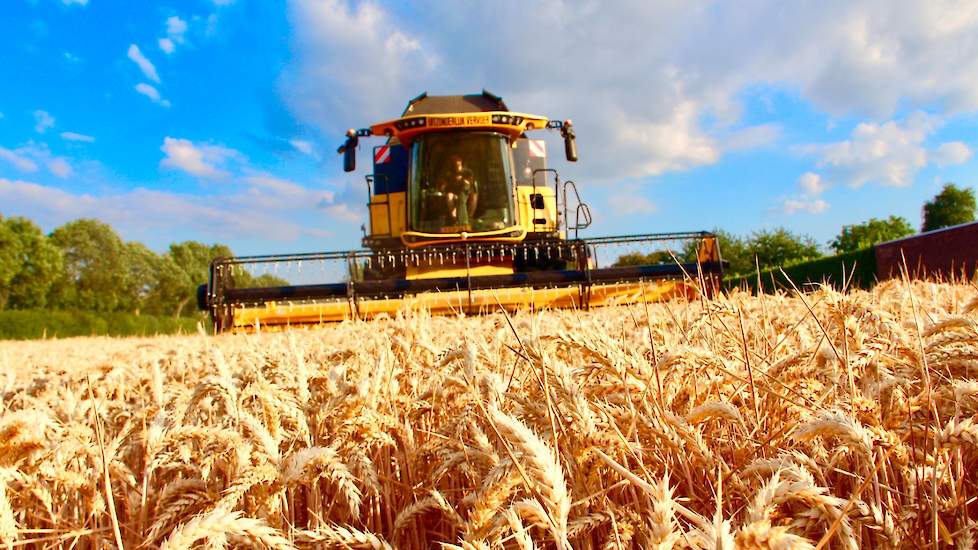
Wheat as a lever for healthy, sustainable growth
Dossche Mills can consider itself a pioneer in the field of sustainable entrepreneurship. Sustainable entrepreneurship means investing in the future of Dossche Mills and all employees and partners, but also in our nature, the environment and our health.
Sustainable flour
By continuously adjusting and developing the production process of sustainable flour, Dossche Mills wants to contribute to the fight against climate change. Growing sustainable wheat with regenerative agricultural practices makes the crop more resilient and better buffered against extreme weather conditions, and produces fewer greenhouse gases.
“Dossche Mills is meeting the needs of future generations today.”
Environmentally friendly production
At all our sites we strive for a rationalised production process where we do everything we can to minimise the environmental impact of all our activities.
We pay attention to efficient energy consumption, optimised mobility, dust emission reduction and optimal use of raw materials. This can be achieved through installing powerful, innovative installations – to the satisfaction of our own employees and local residents.
We also do everything we can to avoid product losses and waste of packaging material in line with the Flanders Materials Decree. By-products are almost completely recovered. And thanks to extensive digitalisation of the invoicing and purchasing process, we have been able to significantly reduce paper use. Environmentally conscious action is present at all levels of our company.
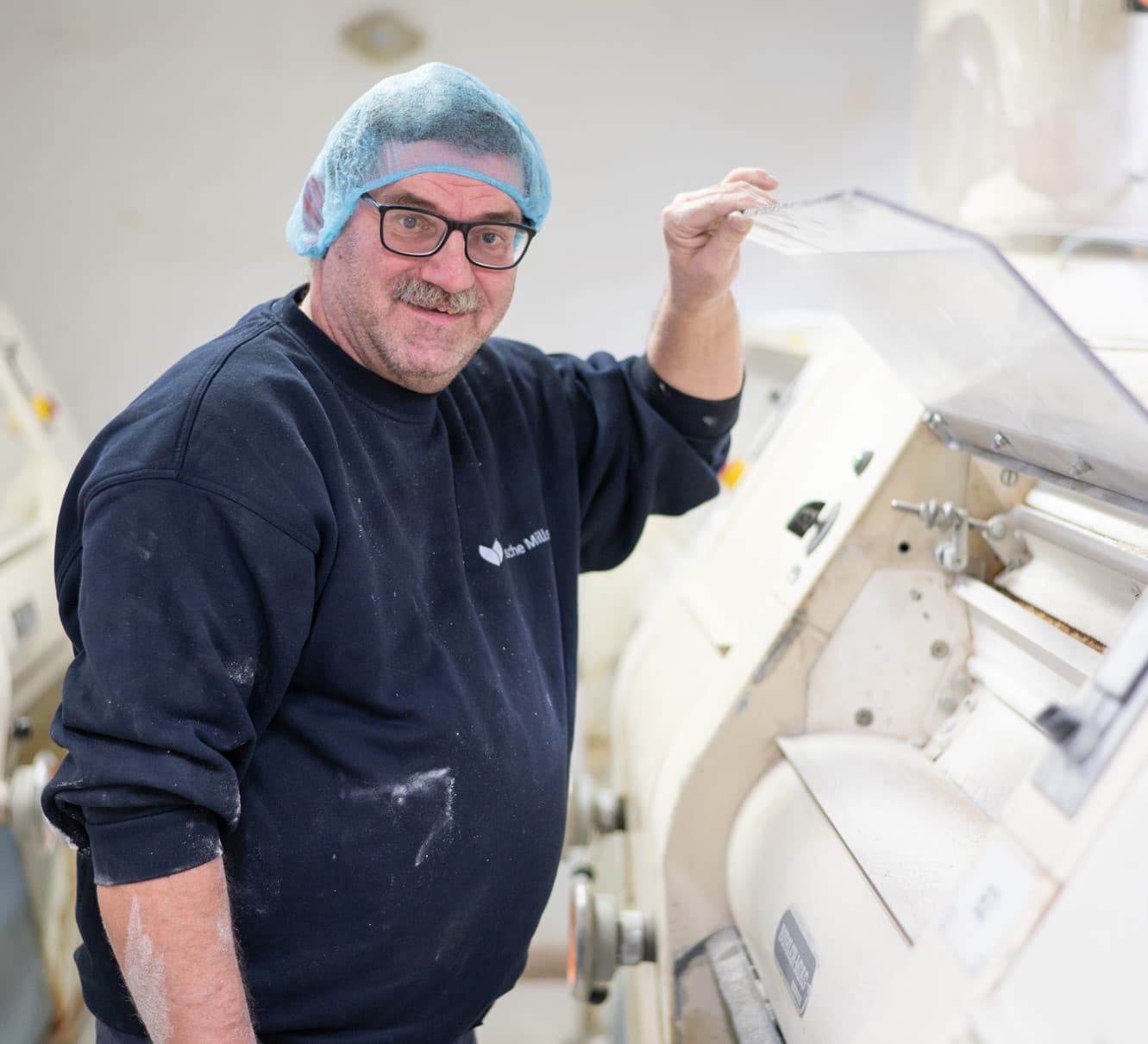
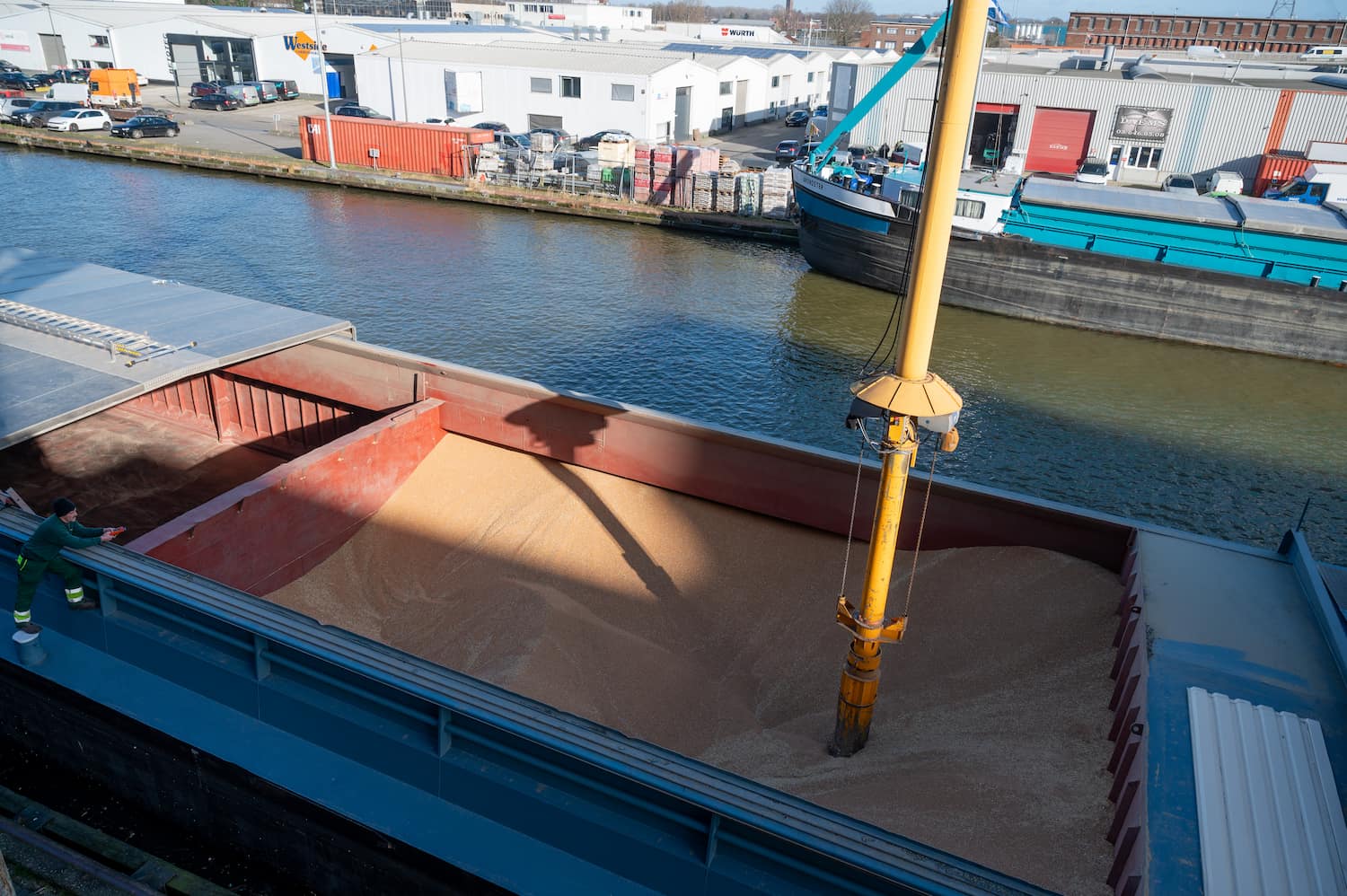
Efficient mobility
Mobility is another important pillar of our sustainability strategy. In order to streamline all incoming and outgoing transport movements and the transport of our own employees as much as possible, we continuously evaluate our logistics network. Because we have increasingly opted for the supply of wheat by ship in recent years, considerably less wheat needs to be delivered by truck. This has a positive impact on CO2 emissions. The average CO2 emissions of a ship in grams of CO2/tonne/km are only 1/3 of the emissions generated by road transport. By purchasing trucks that meet the Euro 6 emissions standard, we can reduce emissions from the truck fleet even further. We also analyse from which location we can best supply the customer.
We encourage our employees to commute via carpooling and public transport in combination with Blue-bike sharing bicycles. In its car policy, Dossche Mills resolutely opts for company cars with low CO2 emissions.
